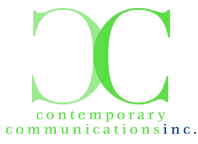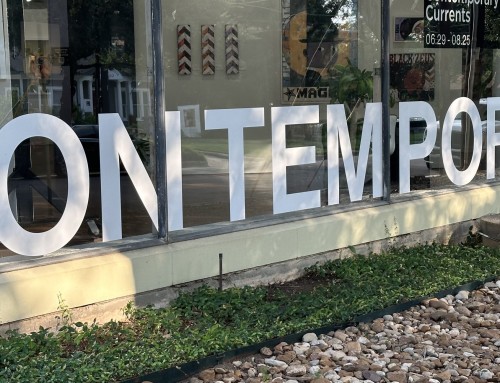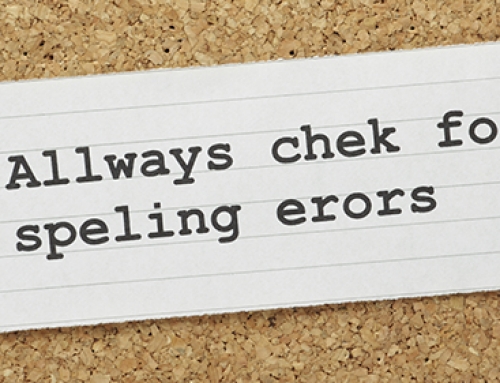As Sarah pointed out last week, parts of the Internet went “dark” on January 18th, 2012.
In protest to the pending SOPA legislation within Congress, many major Web sites went offline (sort of) for one day. SOPA (or Stop Online Piracy Act) in general would give power to the U.S. attorney general’s office to block U.S. based Internet access to offending Web sites. This would supposedly be put into action by serving court orders to the primary/main Internet service providers.
According to the legislation, the SOPA act is intended to prevent, or at least disrupt, the copyright infringement business that may occur on offshore target businesses, where U.S. courts would have little or no litigation options. According to a comment by executive VP for the U.S. Chamber of Commerce, these offshore “rogue” Web businesses steal away some 19 million American jobs via their criminally-operated businesses.
So why all the fuss? Why would major Internet names like Google, Yahoo, AOL, WikiPedia, WordPress (and many others) all use their considerable influence to make so much noise against such an obviously good cause? Perhaps because they feel this is all just a little too close to actual censorship of the Internet…government controlled censorship.
The biggest fear of course is that the whole court-ordered blocking process could become abused, or taken out of context in certain cases. There could be scenarios where competing online businesses could flail each other with copyright infringement claims to gain an advantage, and then quite possibly offending sites could fall into a quagmire of “guilty until proven innocent”, etc.
How can any one country, or any one government, protect their own interests in a space which they cannot control? One thing’s for sure, the Internet continues to change (and shrink) the world like nothing ever has before.




